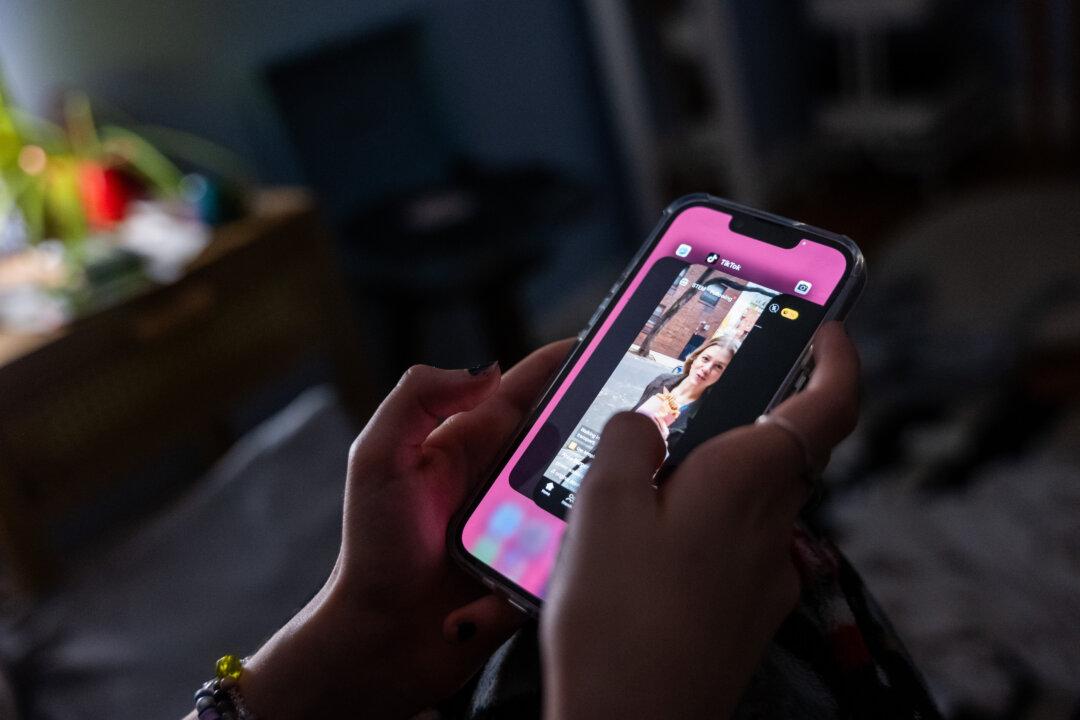Georgia Gov. Brian Kemp has signed a bill requiring children under 16 to have their parents’ consent to create social media accounts.
Mr. Kemp signed the bill into law in a ceremony in Atlanta on April 23, saying that its primary aim is to counteract cyberbullying and address concerns around youth mental health.





